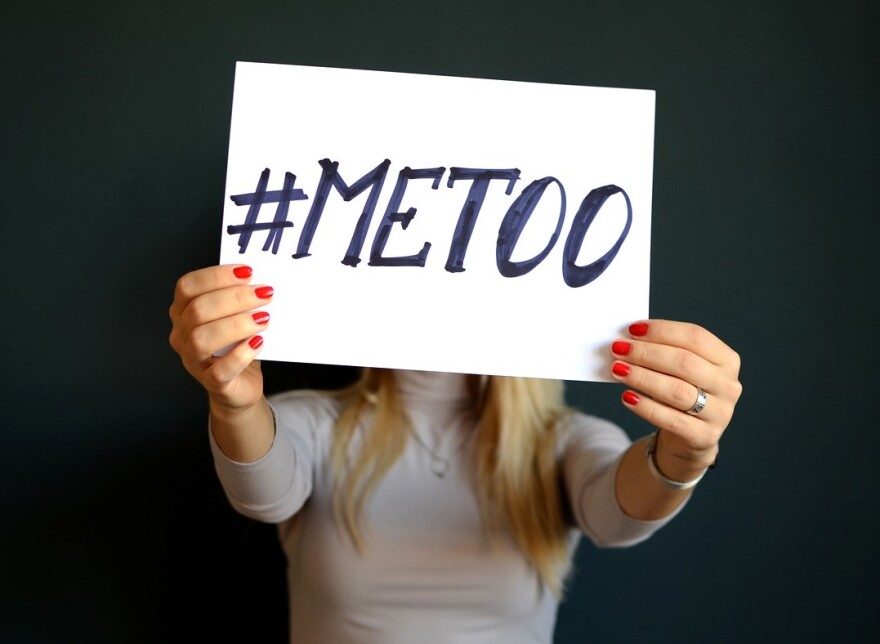At least 1 in 3 women in the United States experience some form of sexual harassment.
Six million or more Texans experience some kind of sexual assault in their lifetime, according to 2015 data, but the vast majority of victims do not report to law enforcement.
Scandals in politics and Hollywood have exposed stories of sexual harassment from both men and women, highlighting the prevalence of unwanted attention or physical contact in the everyday environment.
For the workplace, the Equal Employment Opportunity Commission (EEOC) describes sexual harassment as a form of sex discrimination when an employee's submission or rejection of advances affects his or her employment status or the work environment.
The majority of sexual harassment claims are filed by women, but there has been a significant increase in the number of claims filed by men in the workplace.
On college campuses across the nation, students do not report incidents of stalking, sexual harassment or assault out of fear. Lack of institutional response to student experiences has led to more public discussion around rape culture and how society perceives inappropriate sexual behavior.
When should law enforcement get involved and where does the process for filing a complaint with authorities start?
How can survivors move forward after an unwanted or traumatic experience and what local resources are available?
Guests:
- Rick Gipprich, Jr., regional outreach & support program director for the Texas Association Against Sexual Assault
- Rodney Klein, outreach and education coordinator for the Equal Employment Opportunity Commission's San Antonio Field Office
- Brittany Chozinski, crisis intervention specialist at the San Antonio Rape Crisis Center
This is a community conversation and we want to hear from you. Leave a voicemail with your questions and comments in advance by calling 210-615-8982. During the live show (12-1 p.m.), call 210-614-8980, email thesource@tpr.org or tweet at @TPRSource.



